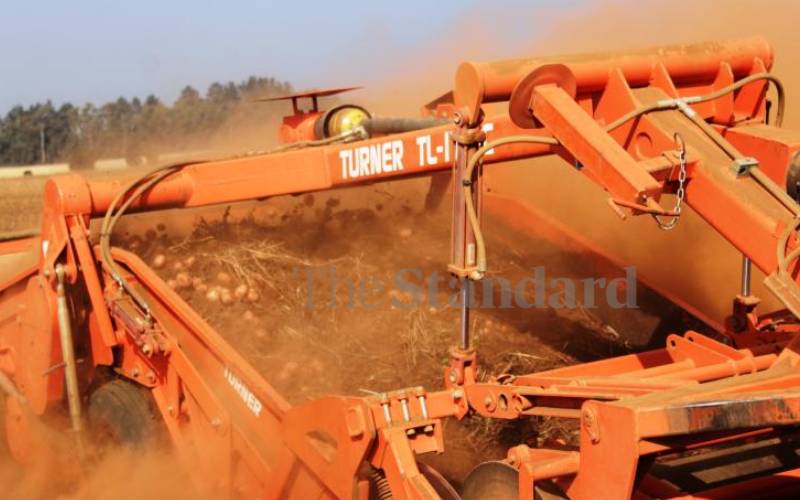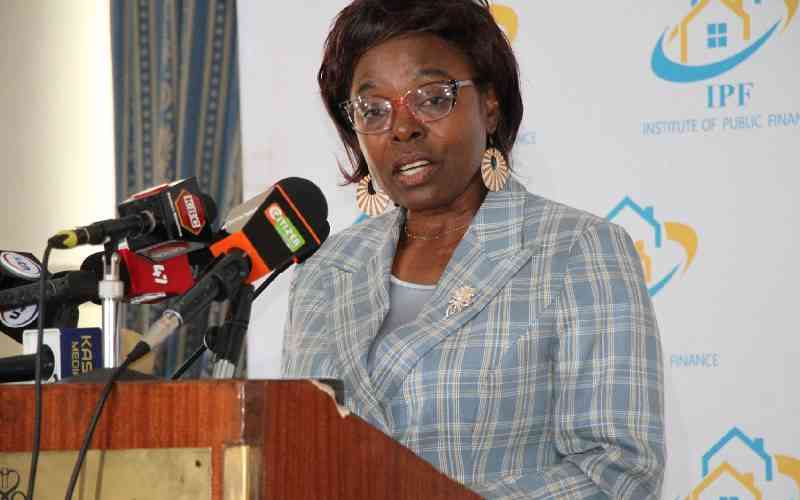×
The Standard e-Paper
Home To Bold Columnists

A potato seed harvester in action at Kisima Farm in Timau, Meru County. [Phillip Orwa, Standard]
Sky-high fertiliser prices have farmers worldwide scaling back its use and reducing the amount of land they are planting. This, as some agricultural industry veterans warn of food shortages courtesy of the fallout from the Ukraine-Russia conflict.







